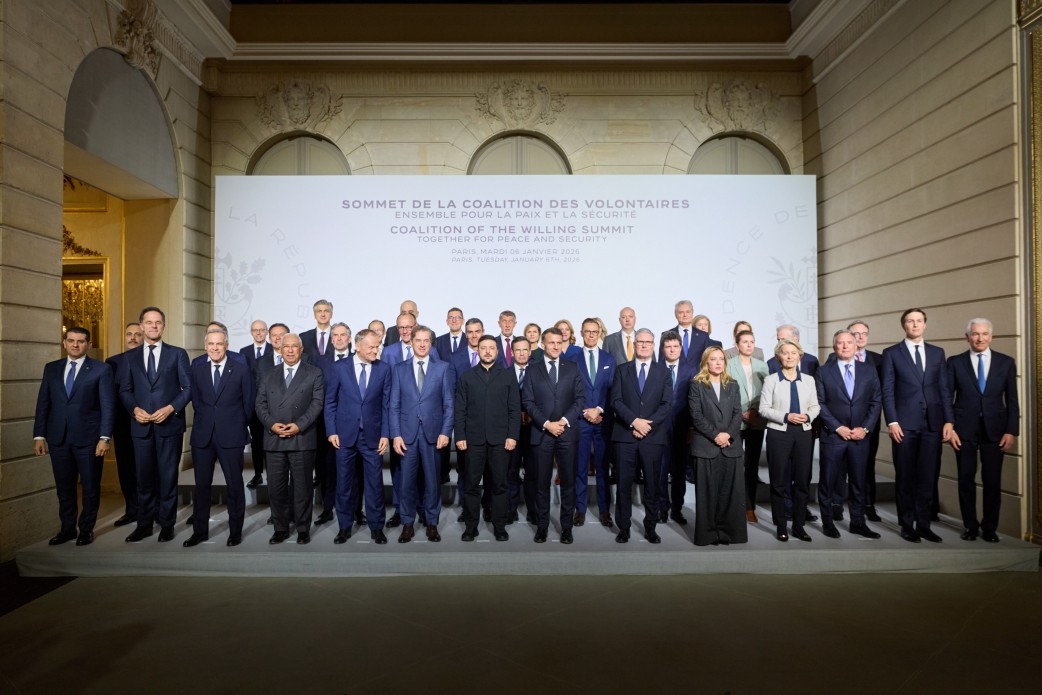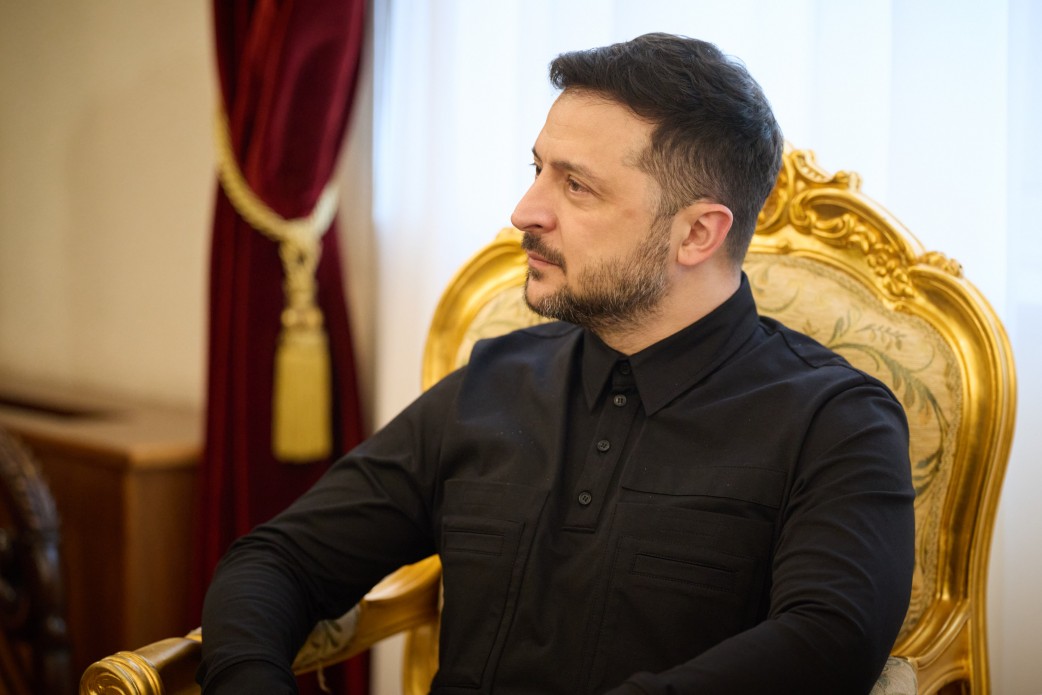The UK has imposed sanctions on 18 Russian oil tankers and four liquefied natural gas (LNG) carriers, according to the British Foreign Office.
"The UK has today unleashed the largest package of sanctions to date against Putin's shadow fleet of oil tankers," the official press release stated.
Sanctions were also imposed on the group "Rusgazdobycha" (RGD), which, together with "Gazprom," controls the company "Rusgazalliance," an operator of three gas fields in the Yamal-Nenets Autonomous Area, with reserves exceeding 450 billion cubic meters. Arkady Rotenberg, a businessman and close friend of Putin, was previously one of the co-owners of RGD.
The sanctions include a ban on insuring the tankers and their entry into British ports. Additionally, RGD faces asset freezes if the company holds accounts in the UK.
The "shadow fleet" refers to vessels that circumvent sanctions on Russian oil and oil products, particularly those violating the G7 price cap of $60 per barrel.
The UK Foreign Office highlighted the dangers posed by the shadow fleet, including environmental risks like oil spills from blatant violations of basic safety standards, and risks to global trade security.
According to the Foreign Office, these sanctioned oil tankers generated approximately $4.9 billion for Russia over the past year. The Center for Research on Energy and Clean Air (CREA) estimates that the shadow fleet is now responsible for transporting 80% of Russia's oil and oil products.
Previously, U.S., EU, and UK sanctions had put 53 tankers, or around 7.5% of Russia’s crude oil transport fleet, out of service. However, by the end of September, at least 17 of these vessels had resumed transporting crude oil or oil products. Many of these ships have ceased hiding their destinations and now openly declare China or India, Russia's largest oil buyers, as their ports of call.





















